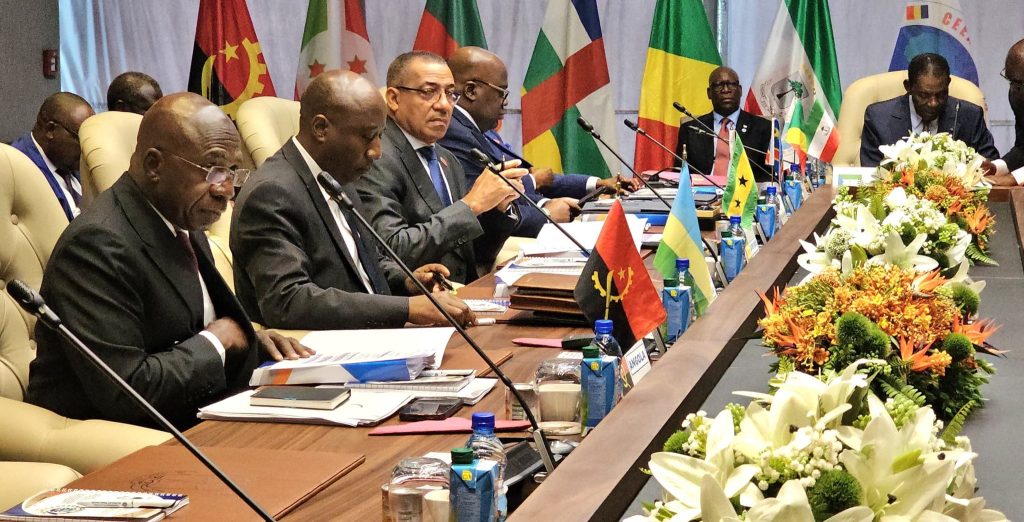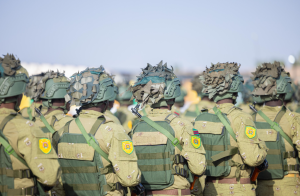Rwanda’s withdrawal from ECCAS: A turning point for central African Integration

At the 26th Summit of the Economic Community of Central African States (ECCAS) held in Malabo, Rwanda made the significant announcement of its formal withdrawal from the regional organization. This decision marks a pivotal moment in Central Africa’s geopolitical dynamics and casts doubt on the future of regional cooperation mechanisms.
The Rwandan government’s decision emerges against a backdrop of longstanding diplomatic tensions and fundamental disagreements regarding the governance structure of ECCAS.
Central to this withdrawal are two major points of contention that have progressively eroded Rwanda’s confidence in the organization.
Firstly, the security crisis in eastern Democratic Republic of Congo has created irreconcilable differences between Rwanda and several ECCAS member states.
Persistent allegations of Rwandan support for armed groups operating in the region – which Kigali consistently denies – have severely damaged relations with Kinshasa and created an atmosphere of mutual suspicion within the organization.
Secondly, Rwanda has expressed profound dissatisfaction with ECCAS’s rotating presidency system. Kigali considers this governance model inherently flawed, arguing that it prioritizes ceremonial rotation over effective leadership and decision-making capacity.
The Rwandan government concluded that continued participation in an organization with such structural deficiencies would not serve its national interests.
This withdrawal carries significant implications for regional cooperation in Central Africa. ECCAS, already grappling with substantial challenges in security coordination, economic integration, and institutional credibility, now faces the loss of one of its most strategically important members. Rwanda’s departure may diminish the organization’s collective security capabilities and complicate ongoing efforts to address cross-border instability.
The decision also raises broader questions about the future of multilateralism in Central Africa. As Rwanda potentially shifts its focus toward alternative regional frameworks like the East African Community, ECCAS may face increasing pressure to undertake substantive reforms to maintain its relevance.
The coming months will reveal whether this development serves as a wake-up call for institutional renewal or accelerates the bloc’s fragmentation at a time when regional cooperation is most needed.
This strategic realignment underscores the complex interplay between national interests and regional integration in Africa, where institutional architectures often struggle to reconcile diverse political visions and security priorities.
The long-term consequences of Rwanda’s withdrawal will likely extend far beyond the immediate diplomatic fallout, potentially reshaping the geopolitical landscape of Central Africa for years to come.






